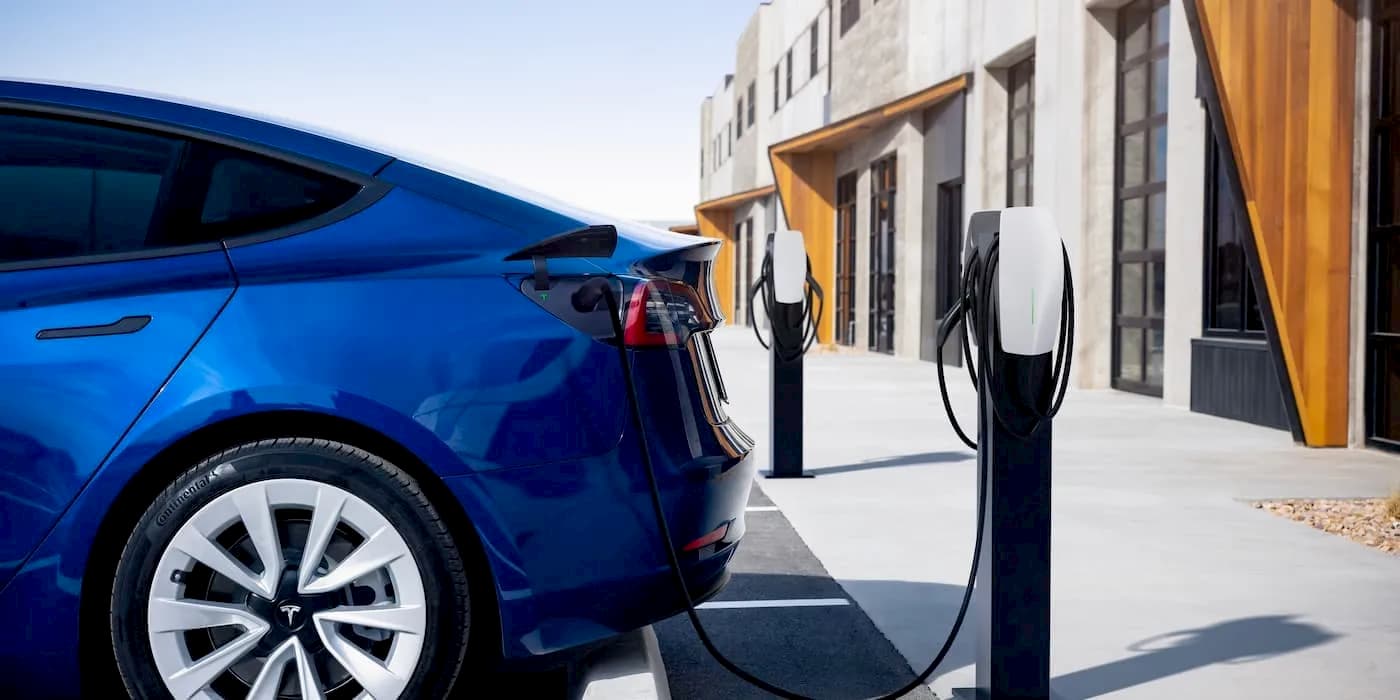
As automakers battle for market share in the new electric era, a few stand out among the crowd. Namely, Tesla maintained its status as the world’s largest EV maker in Q2, with BYD closing the gap. Meanwhile, the third largest EV maker may surprise you. See who else made the list below.
Tesla, BYD battle for top
Over 2.15 million EVs were sold during the second quarter alone, representing nearly 40% growth year-over-year (YOY). Automakers and startups alike continue fighting for market share as EV production ramps up.
Tesla easily surpassed expectations, delivering 466,000 EVs in the second quarter of 2023. The record quarter was enough to maintain its leadership over the global EV market.
The EV pioneer continues ramping up production at an impressive pace as deliveries grew 10% over the first quarter. The growth comes amid aggressive price cuts that began earlier this year.
It started with a hefty price drop in January, with several adjustments announced since. In some cases, model prices fell by more than 20% in just a few months.
Meanwhile, China’s largest EV maker, BYD, continues closing the gap in pure EV sales. The automaker sold over 703,500 new energy vehicles in the second quarter, including plug-in hybrids. Passenger EV sales reached over 352,000, up 95% YOY, according to data from CnEVPost.
BYD continues inching closer to Tesla with notable growth in international markets, including Thailand and Australia. The automaker’s Atto 3 (Yuan Plus in overseas markets) electric SUV was the bestselling EV in Sweden in July, topping VW, Volvo, and Tesla.

Top EV makers through in Q2 2023
New information from TrendForce shows Tesla was the top EV maker through the second quarter of 2023, with 21.7% of the pie, while BYD is catching up at 16.2%.
Placing third was GAC Aion, clinching 6% of the market. Aion was introduced in 2018 as the electric vehicle sub-brand of China’s Guangzhou Automobile Corporation (GAC). The EV maker is rapidly expanding in China with all-electric models that offer great value for a decent price.
The top 10 EV makers in Q2 remained about the same as the first three months of 2023, except fewer Chinese brands made the list as traditional automakers expanded their electric lineup.
| Rank | EV Maker | Market Share |
| 1 | Tesla | 21.7% |
| 2 | BYD | 16.2% |
| 3 | GAC Aion | 6.0% |
| 4 | Volkswagen | 4.7% |
| 5 | SAIC-GM-Wuling | 4.4% |
| 6 | Hyundai | 3.6% |
| 7 | BMW | 3.6% |
| 8 | Mercedes-Benz | 2.8% |
| 9 | Kia | 2.0% |
| 10 | Audi | 1.9% |
Volkswagen placed fourth after selling 322,000 EVs through the first half of the year, up 48% YOY. The German automaker continues fighting to earn market share in its most profitable market, China.
Top comment by Doggydogworld
Just say BEV when you mean BEV. It reduces confusion and doesn't cost you a thing. The term EV, which used to mean PHEV+BEV, has lost precision due to misuse and now merely serves to confuse people.
After slashing the price of its ID.3 by 16% in China in early June, sales surged over 300% this past month.
General Motors joint venture with SAIC Motors and Wuling (SAIC-GM-Wuling) rounded out the top five with 4.4%. The automaker is perhaps best known for its Wuling Hongguag Mini EV, which surpassed Tesla’s Model 3 in 2021 after only a year on the market.
Since then, the company has released an array of unique EVs, including the Baojun Yep (that resembles a mini Ford Bronco) and the sub-$10,000 Wuling Bingo.
Hyundai, BMW, Mercedes-Benz, Kia, and Audi continue ramping up EV production while introducing new models in various segments.
FTC: We use income earning auto affiliate links. More.





Comments